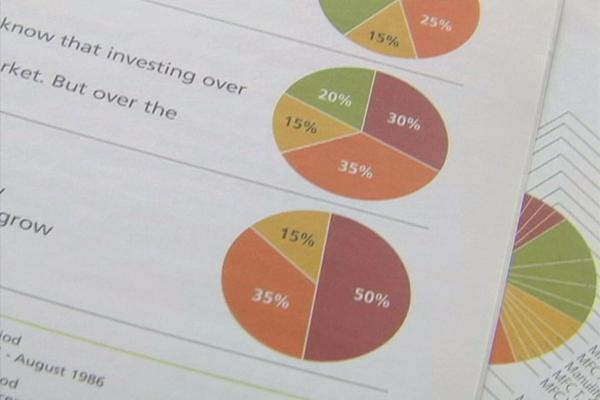Markets
With covalent meds abuzz, RA Capital and Novartis lead $56M seed round for new startup
Seeing the successes of other covalent medicines companies, a group of blue-chip investors is lining up to take the next shot on goal.
RA Capital, typically…

Seeing the successes of other covalent medicines companies, a group of blue-chip investors is lining up to take the next shot on goal.
RA Capital, typically known for its late-stage and crossover investments, is getting in on the ground floor at Hyku Biosciences, a new biotech that emerged from stealth Tuesday morning. RA and its incubator, RAVen, led a $56 million seed round for Hyku alongside Droia Ventures and Novartis Venture Fund.
The new company promises to build on the success of earlier covalent medicine efforts like Imbruvica, AbbVie and J&J’s blockbuster BTK inhibitor, and Tagrisso, AstraZeneca’s EGFR inhibitor.
 Milind Deshpande
Milind DeshpandeMilind Deshpande, the company’s acting CEO and a venture partner at RA Capital since 2018, highlighted chemistry as the biggest differentiating factor between Hyku and others in the space. Whereas previous covalent efforts and some competitors focus only on one amino acid target, Hyku aims to target three, with the goal of more efficiently treating cancer.
“What we wanted to understand is that, are there biology tools? Are there chemistry tools that we can deploy that will allow us to, with very high precision, target these amino acids?” Deshpande told Endpoints News. “The thinking here is that, if we expand the proteome by targeting amino acids, like histidine, tyrosine and lysine, we can expand the druggable universe of proteins.”
Few details exist beyond that promise to develop new small molecule cancer drugs. The startup is currently researching two targets that Deshpande declined to identify, and Hyku is also keeping the timeline to the clinic confidential.
Deshpande also wouldn’t say how much runway the seed money would provide. But if Hyku succeeds, he noted the company could have one program in Phase II/III testing and another in early-stage trials within the next five to seven years, plus a growing preclinical pipeline.
He also pointed to Imbruvica as an example that has opened the door to lots of new covalent medicine development, as BTK inhibitors have become popular pipeline projects among Big Pharma companies since its first approval in 2013. That’s the model Hyku wants to follow, he said.
“BTK is an example where no one was able to drug BTK until cystine targeting came out,” he said. “No one was able to drug KRAS until cystine targeting came out. What we see as the potential here is uncovering many more targets.”
RA Capital is not the only big-name firm that has invested in the covalent drug space, either. In May 2022, OrbiMed and Third Rock Ventures co-led a $75 million Series A launch round for Terremoto Biosciences, a South San Francisco startup focusing on lysine-based chemistry.
In addition to RA Capital, Droia and Novartis Venture Fund, other participants in Hyku’s seed round include The Mark Foundation for Cancer Research, KB Investment and Eisai Innovation.

Wittiest stocks:: Avalo Therapeutics Inc (NASDAQ:AVTX 0.00%), Nokia Corp ADR (NYSE:NOK 0.90%)
There are two main reasons why moving averages are useful in forex trading: moving averages help traders define trend recognize changes in trend. Now well…
Spellbinding stocks: LumiraDx Limited (NASDAQ:LMDX 4.62%), Transocean Ltd (NYSE:RIG -2.67%)
There are two main reasons why moving averages are useful in forex trading: moving averages help traders define trend recognize changes in trend. Now well…
Seducing stocks: Canoo Inc (NASDAQ:GOEV 5.43%), Ginkgo Bioworks Holdings Inc (NYSE:DNA -1.12%)
There are two main reasons why moving averages are useful in forex trading: moving averages help traders define trend recognize changes in trend. Now well…














